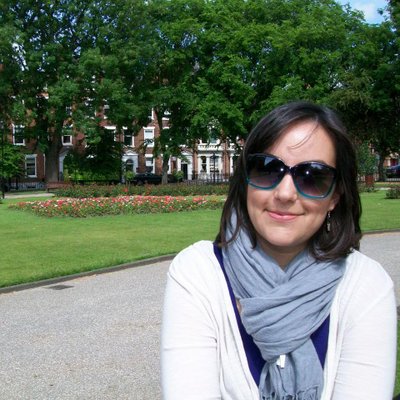Venue:
Rooms 30, 31 clear filter
11:15am CST
12:30pm CST
1:15pm CST
2:15pm CST
3:15pm CST
Brush pile burn scar recovery trajectories and techniques for speeding recovery
Saturday March 1, 2025 3:15pm - 4:00pm CST
Presenters 
Soil Ecologist, Center for Tree Science, The Morton Arboretum
As the Soil Ecologist at The Morton Arboretum, Meghan Midgley studies plant-soil interactions in a changing world. Specifically, she aims to understand how interactions among plants, microbes, and soil mediate ecosystem-specific responses to environmental changes. Her research encompasses...
Read More →TD
Research Coordinator, The Morton Arboretum
4:15pm CST
Mushrooms of Illinois
Saturday March 1, 2025 4:15pm - 5:00pm CST
Presenters 
Mycologist - Principle Senior Scientist, Illinois Natural History Survey
Dr. Andrew Miller is a mycologist and serves as the Director of the Herbarium at the Illinois Natural History Survey at the University of Illinois Urbana-Champaign. A native of Illinois, Andy began his formal education in mycology (the study of fungi) under the tutelage of Dr. Andrew...
Read More →


